Family History Day: uncovering our past, illuminating our present
With the increasing popularity of online genealogy tools and DNA testing kits, and the long-running success of TV programmes such as Who Do You Think You Are?, there is a growing desire to find out where we come from and to uncover the stories of the ancestors that brought us here. But many of us don’t know where to start – or have become stuck in our research and don’t know where to turn next.
That’s why, on 2 November, we partnered with The National Archives, the London Metropolitan Archives and the National Trust to bring our visitors a Family History Day with a difference.
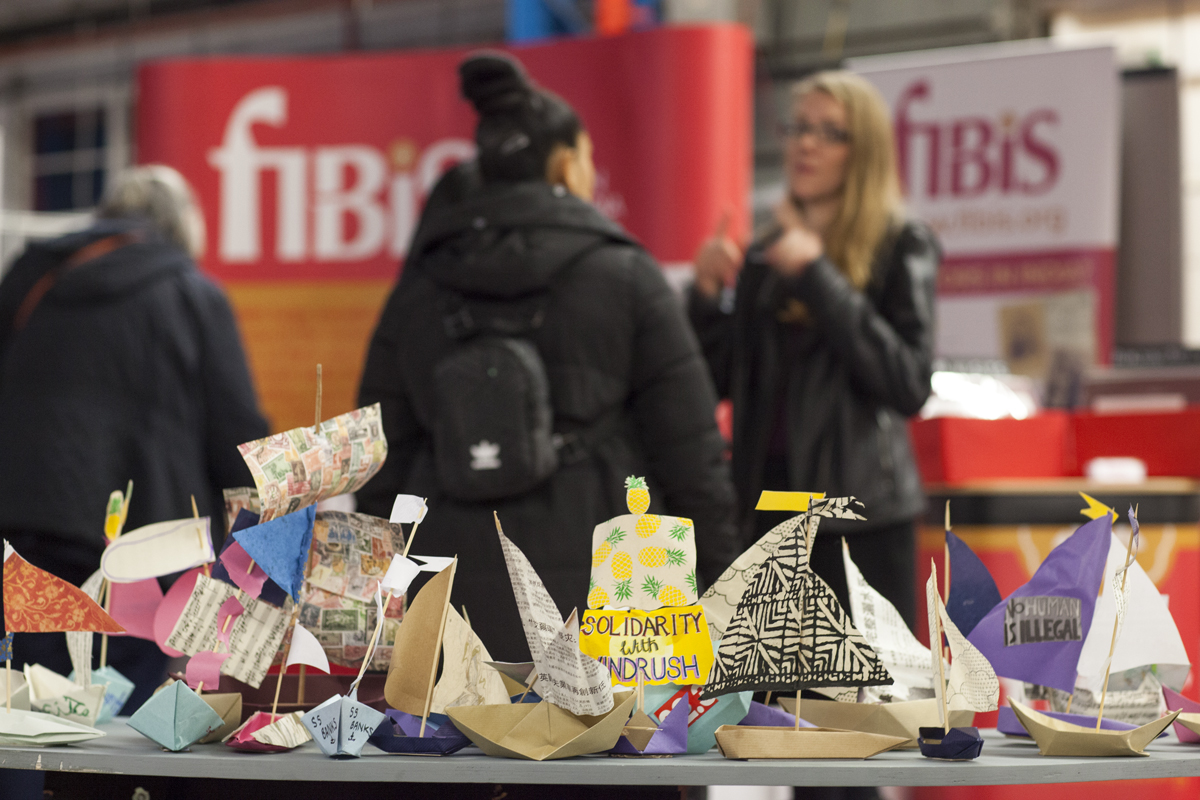
All images © Elzbieta Piekacz/Migration Museum
We were joined by genealogy specialists, history organisations and local history groups, who offered advice and guidance to visitors on the day. Among them, the Jewish Genealogical Society were on hand to offer expert advice on tracing Jewish ancestors, whilst the Commonwealth War Graves Commission gave information on tracing family who fought during the First and Second World Wars.
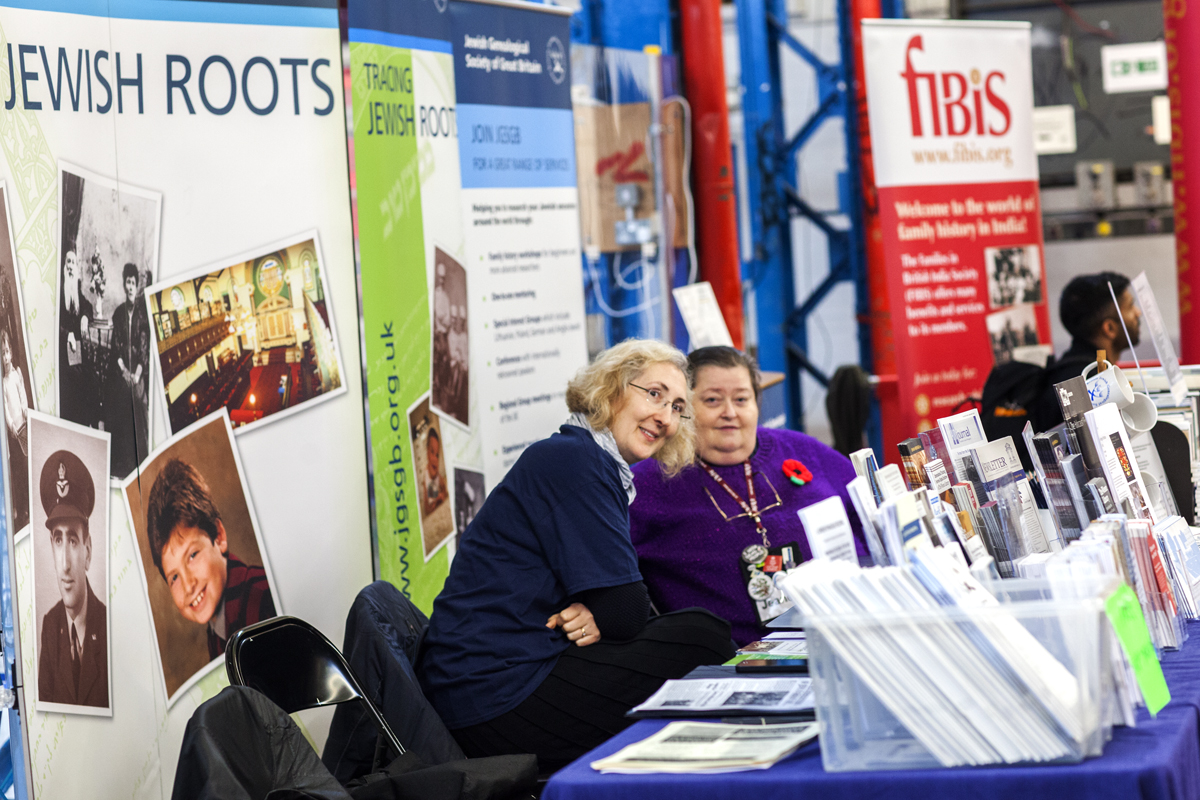
Surrey Heritage, Lambeth Archives and The Brixton Society provided advice on tracing local histories; the Black Cultural Archives presented a timeline of the history of Black Britain; and the Families in British India Society shared their expertise in tracing those who lived in India.
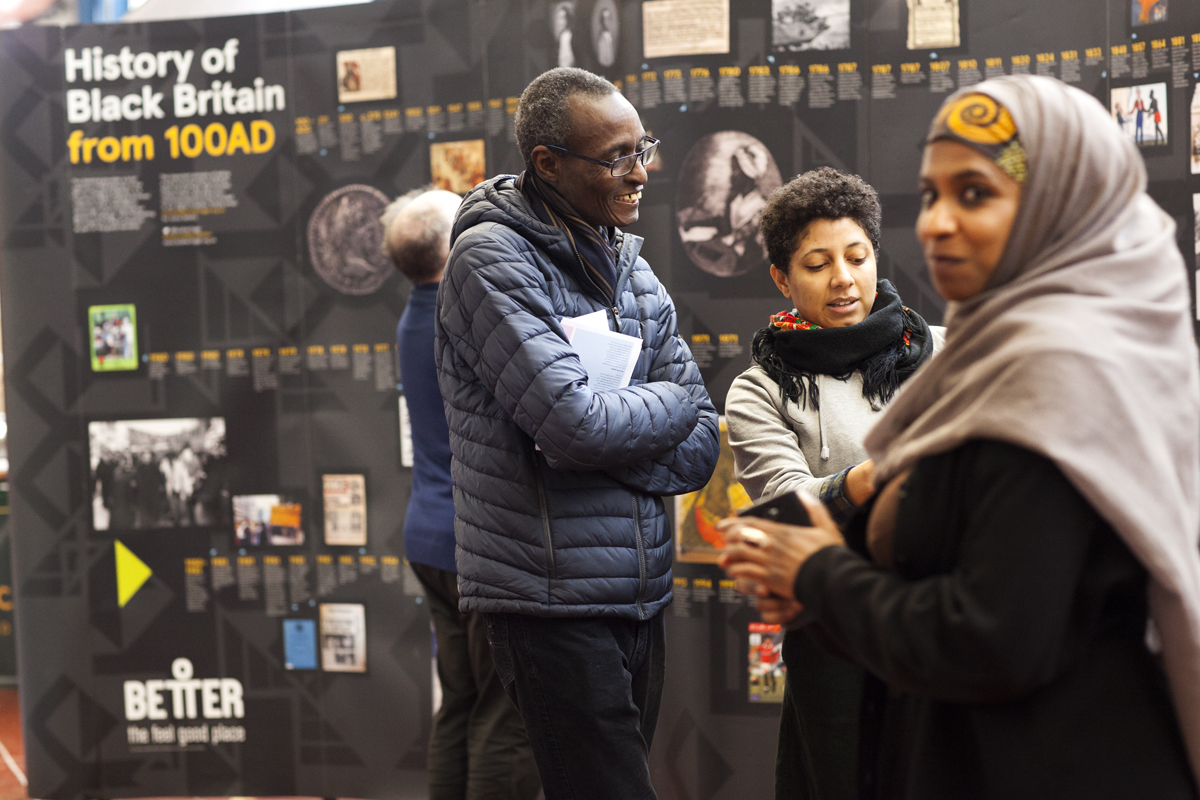
Upstairs in our Breathing Space Café, we hosted a series of talks and workshops by a range of speakers who complemented our exhibitors’ expertise with personal, practical and historical perspectives.
Our headline speaker, TV presenter Robert “Judge” Rinder, opened the day by speaking about his experience of being featured on the BAFTA-award-winning series of Who Do You Think You Are? He shared what he learnt about his grandfather in Poland, and how the experience shaped his personal connection and understanding of his forefathers. This, he shared with a rapt audience, has given him a renewed appreciation not only for what Holocaust survivors had been through, but also for what this country had given his family.
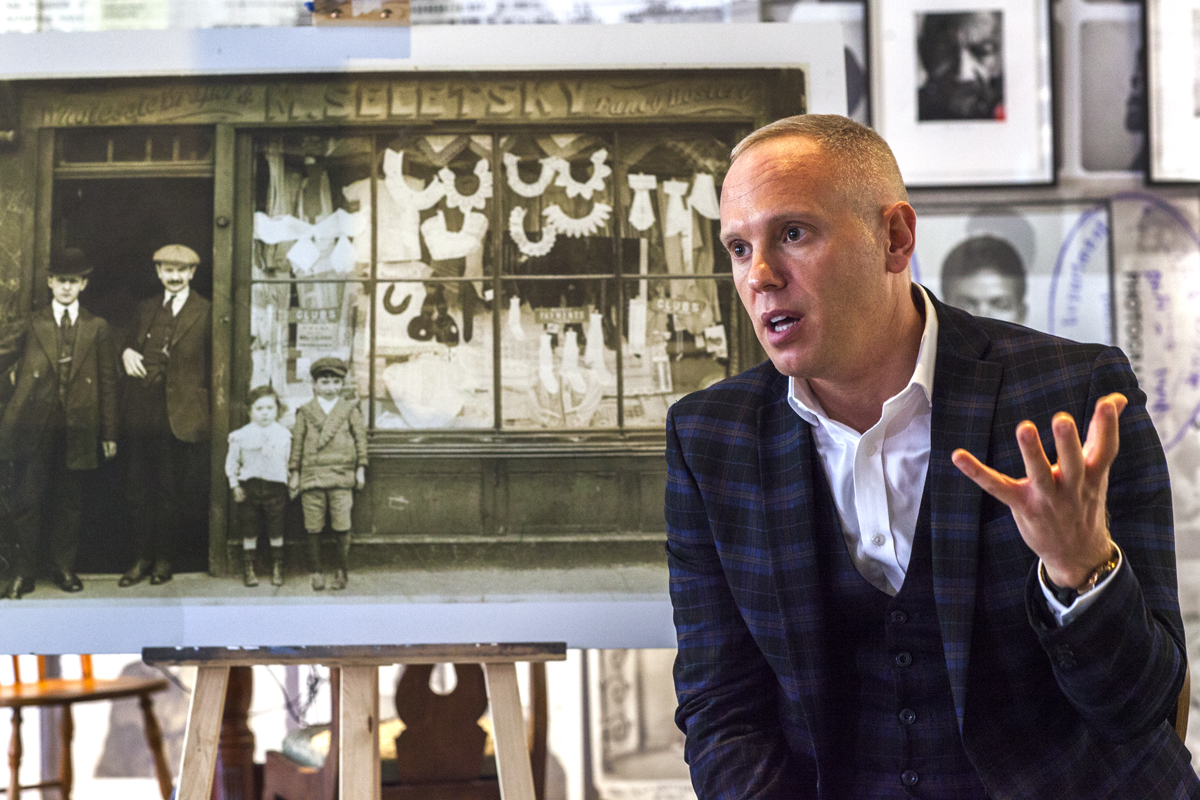
Roger Kershaw, Migration Records Specialist at The National Archives, followed in our Breathing Space Cafe. Drawing on over 30 years of experience in researching records, he shared how items in the key collections of The National Archives, such as passenger lists, passports and registration records, could be searched and interpreted.
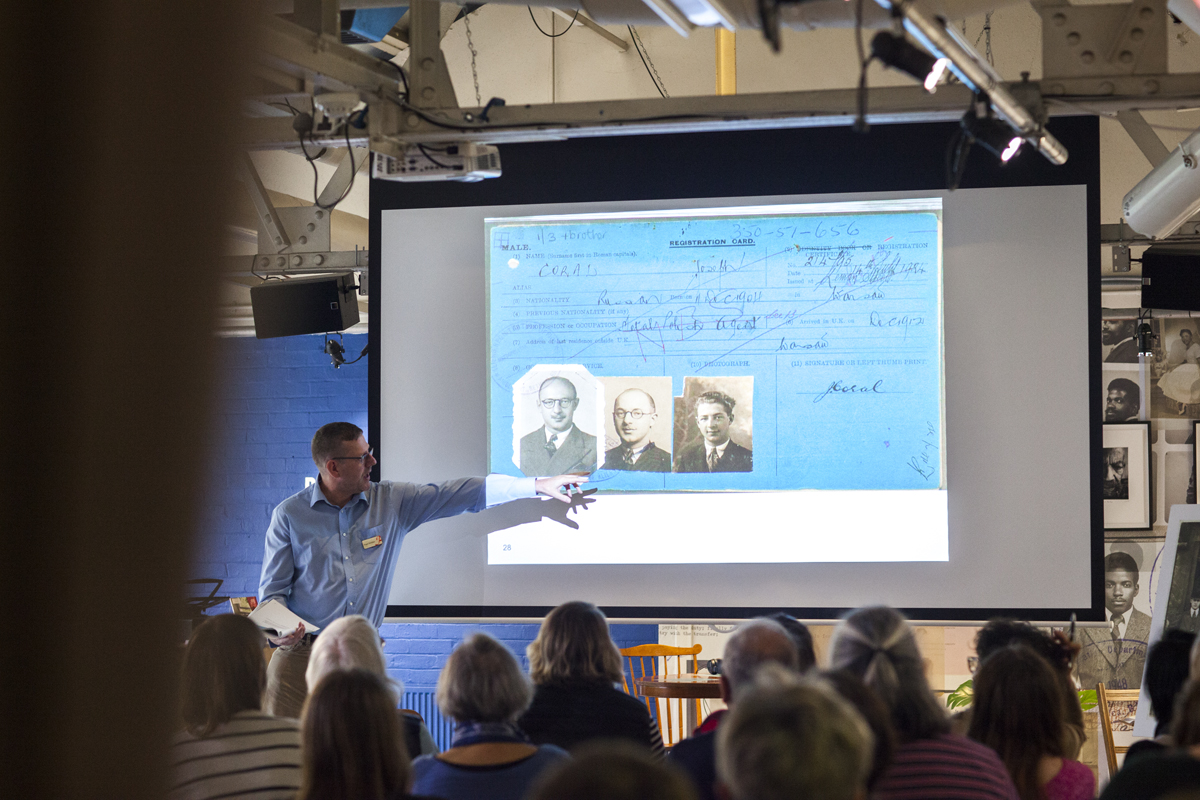
In the afternoon, author and Migration Museum trustee Robert Winder added a new dimension to the conversation, encouraging us to reflect on the wider historical context of our individual stories and to consider who has shaped our historical frames of reference. In doing so, the author of Bloody Foreigners suggested, we become acutely aware that, far from being dead and buried, the past is always with us, pressing into the present in persistent and unexpected ways.
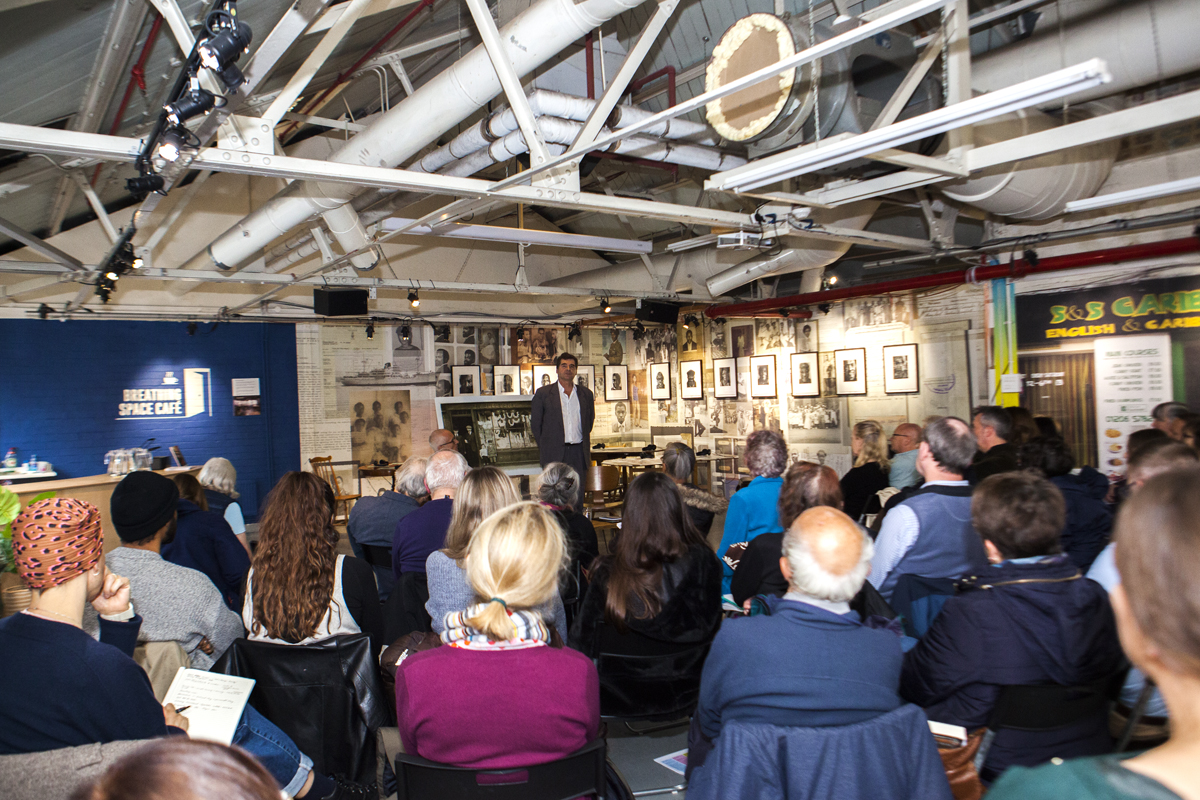
Else Churchill, Staff Genealogist at the Society of Genealogists, rounded off the talks programme with advice on researching your 20th-century ancestors, looking at distinct features of 20th-century life and the sources and techniques genealogists can use to supplement the gaps in knowledge – from divorce records to social media, drawing on her own research into her family.
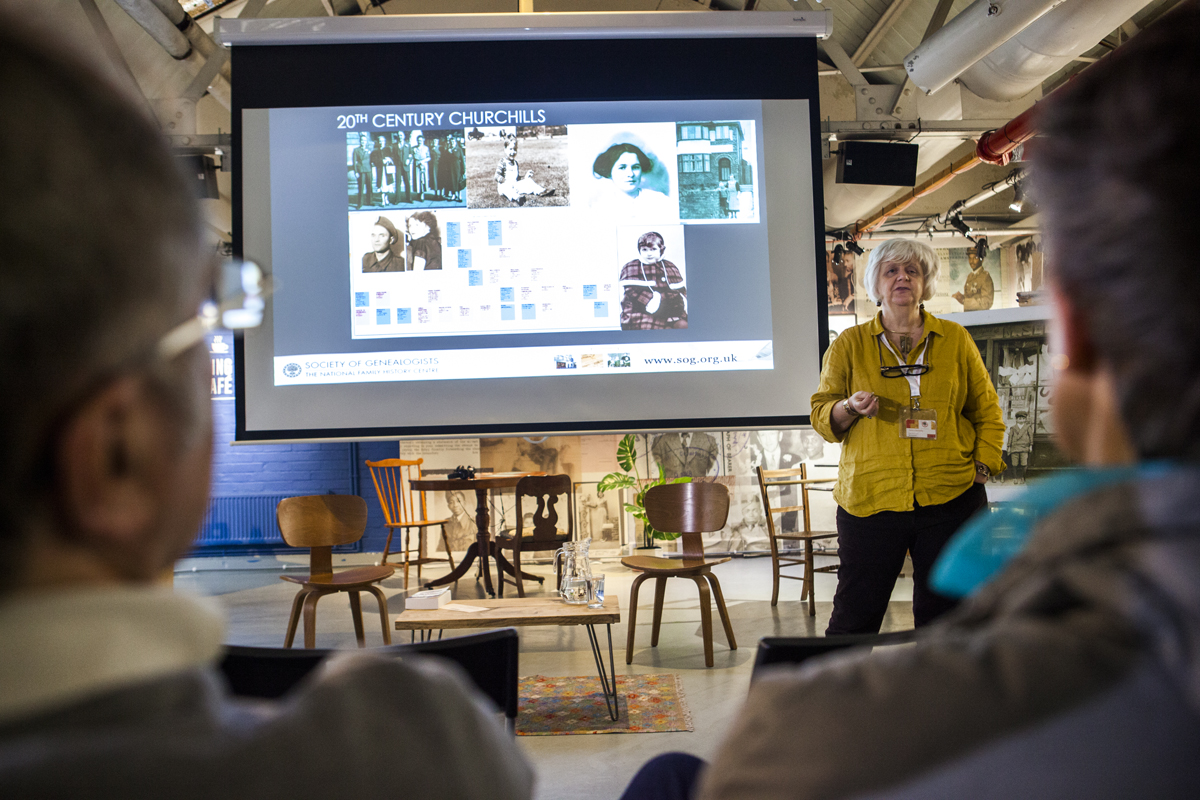
Over in our Artist Studio, we staged a series of workshops focused on practical advice and tips for family history researchers. Migration Museum trustee Sarah Caplin and her sister-in-law Judith Schott ran a hands-on session on compiling a family history. In their candid conversation, the two drew on their personal experience as they talked about everything from the impact of research on the individuals being researched, to the challenges of writing up the histories of those who are no longer with us.
They have also compiled a handy resource, available to download here and at the bottom of this post.
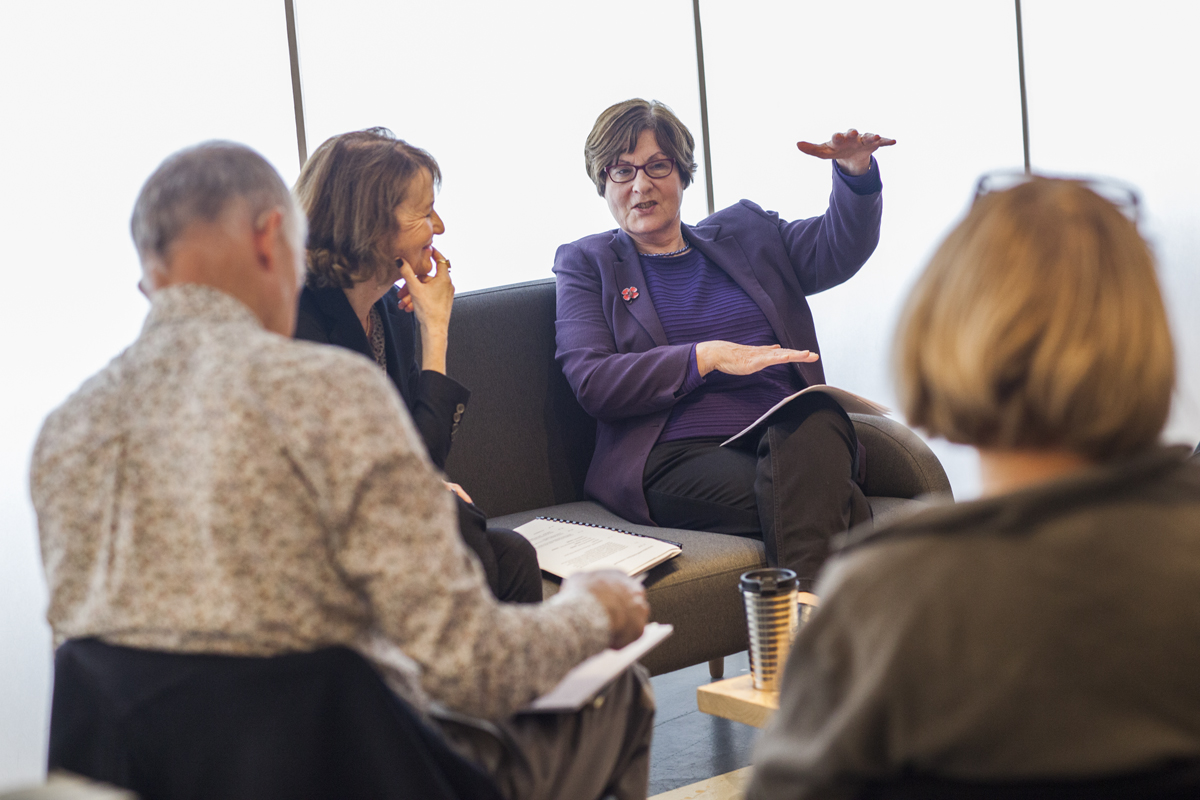
After lunch, Maureen Roberts and Claire Titley of the London Metropolitan Archives gave us a helpful guide to the documents, events and training courses on offer at the London Metropolitan Archives and how to make use of this invaluable resource.
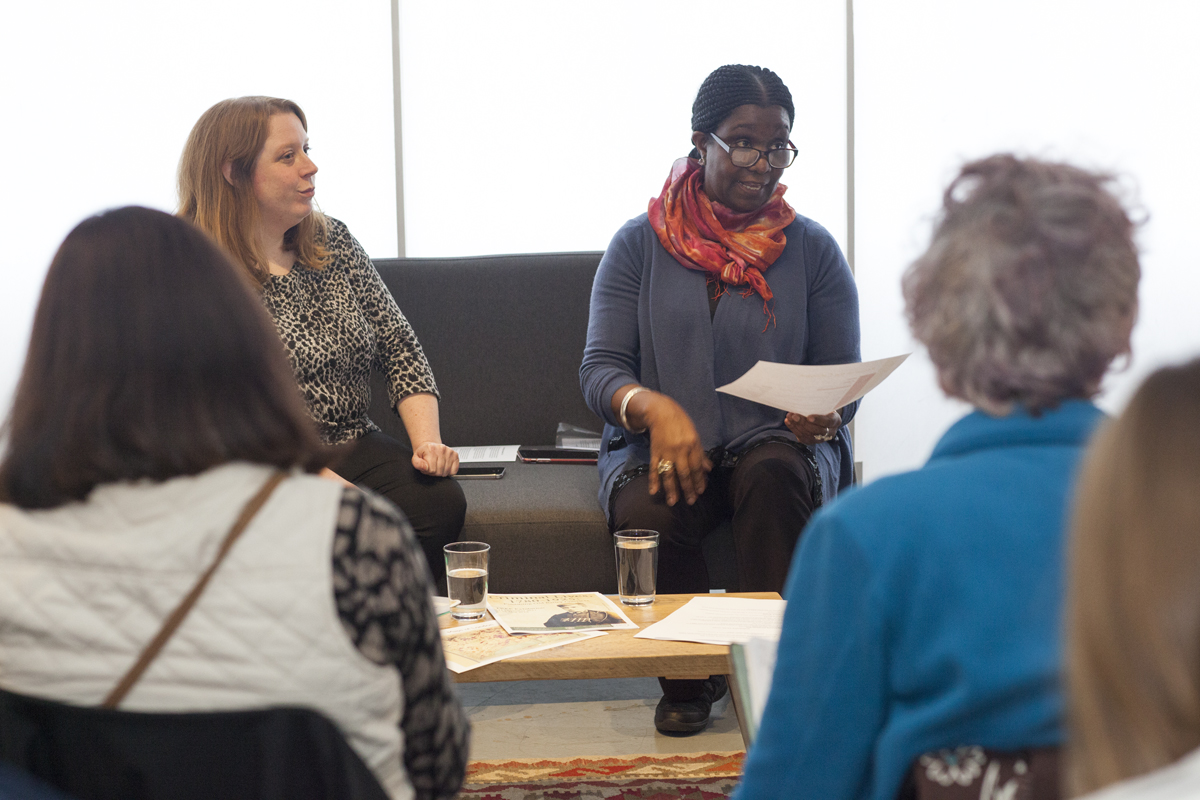
Meanwhile, downstairs in the main hall, guests flocked to “Ask-The-Expert” drop-in workshops with Catherine Troiano, Curator of National Photography Collections at the National Trust, bringing with them family photographs, some as dating back to the late 19th century. Throughout the day, Catherine ‘unpacked’ visitors’ family photos, learning about styles, materials and dates, and finding out how these fitted in with photography’s wider history.
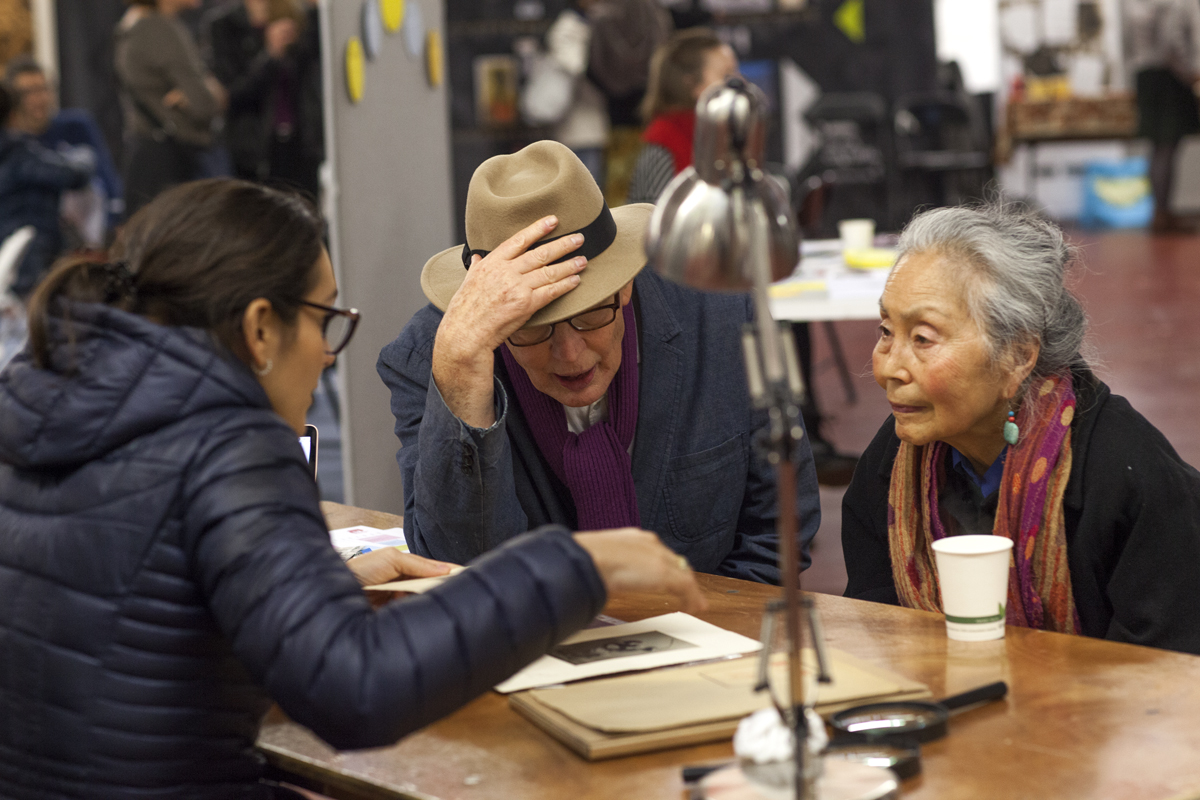
We were also joined by Kitty and Alan, two World War Two eyewitnesses with the Imperial War Museum’s “We Were There” programme. They shared their stories of living through the war in London. Kitty revealed why many railings in Kennington are curved, and what the area local to the Migration Museum at The Workshop looked like before the blitz.
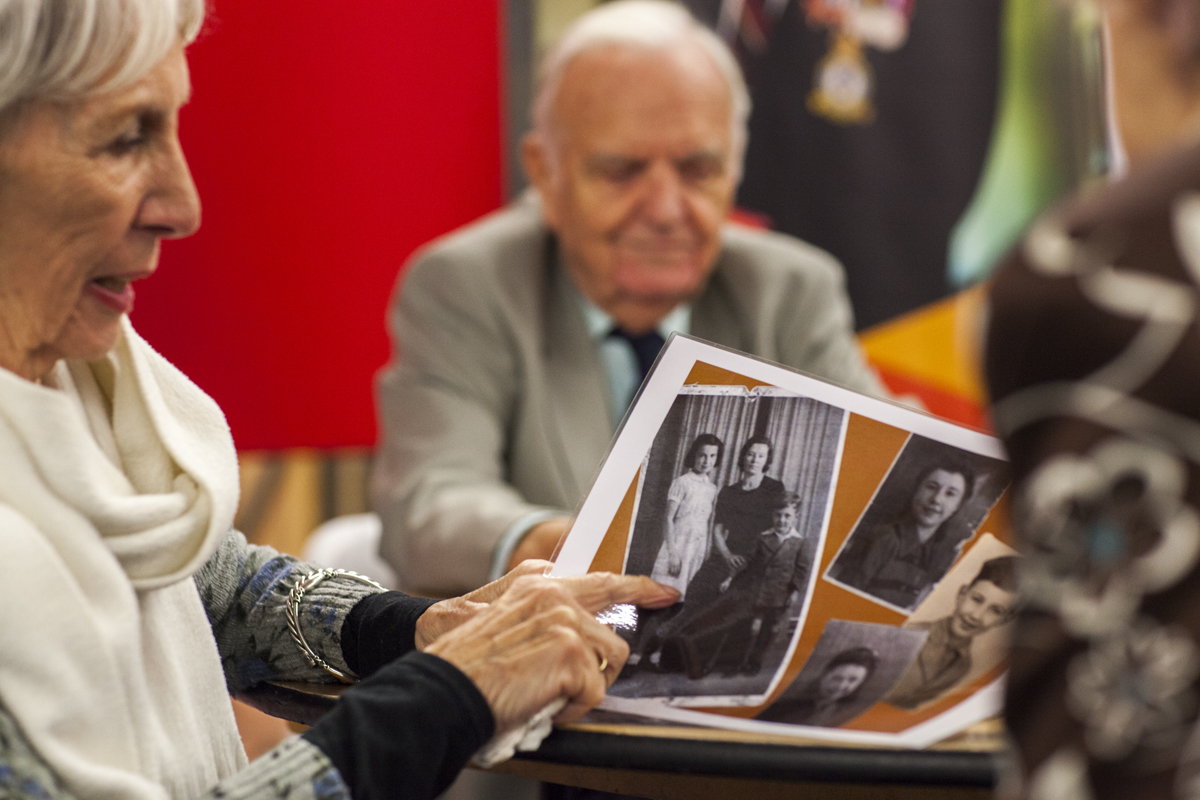
Over at the Migration Museum stand, our Head of Creative Content, Aditi Anand, was collecting personal stories for the Migration Museum’s upcoming exhibition Departures – which looks at 400 years of emigration stories from the departure of the Mayflower to present day. If you missed the opportunity to share your story on the day, please see below.
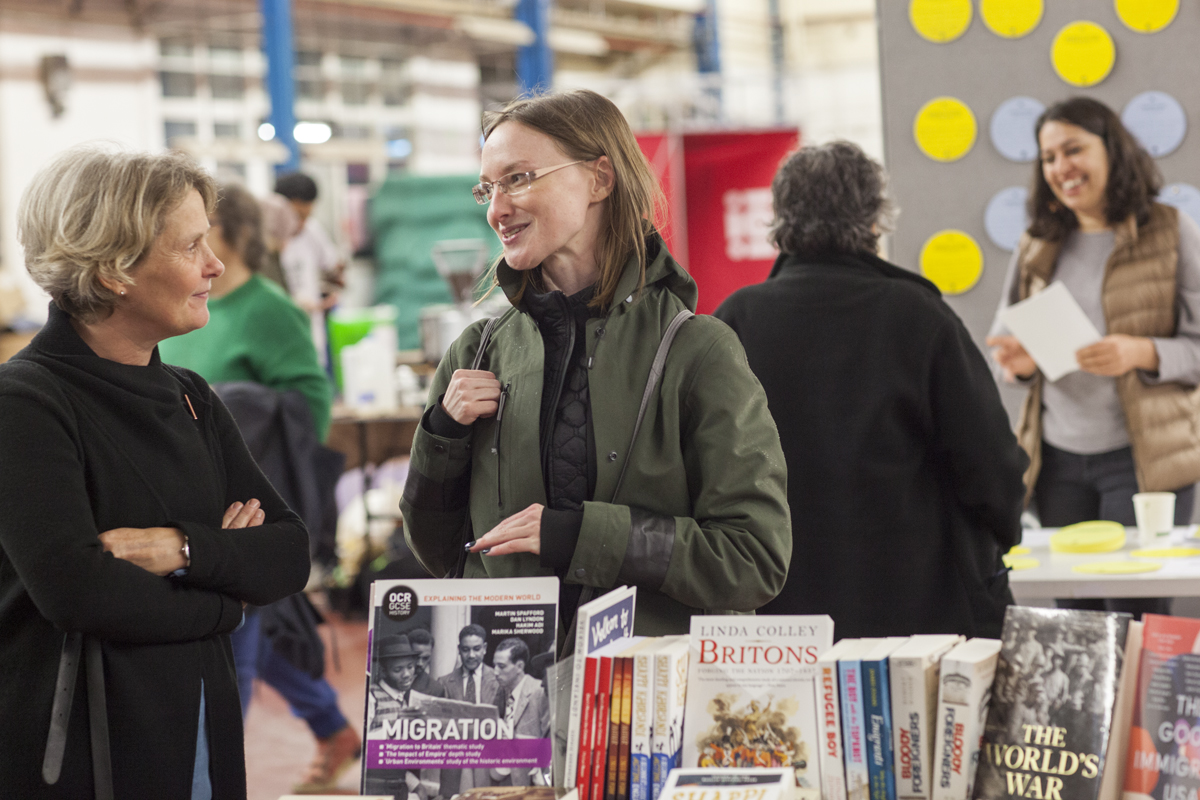
Those in need of a break re-fuelled at a series of stalls run by local organisations and social enterprises. Usman, of Haven Coffee, served up freshly ground coffee to keep our guests on top form, Local social enterprise Brixton People’s Kitchen offered warming soups, with the south London chefs at Panache Food offering hearty lunches.
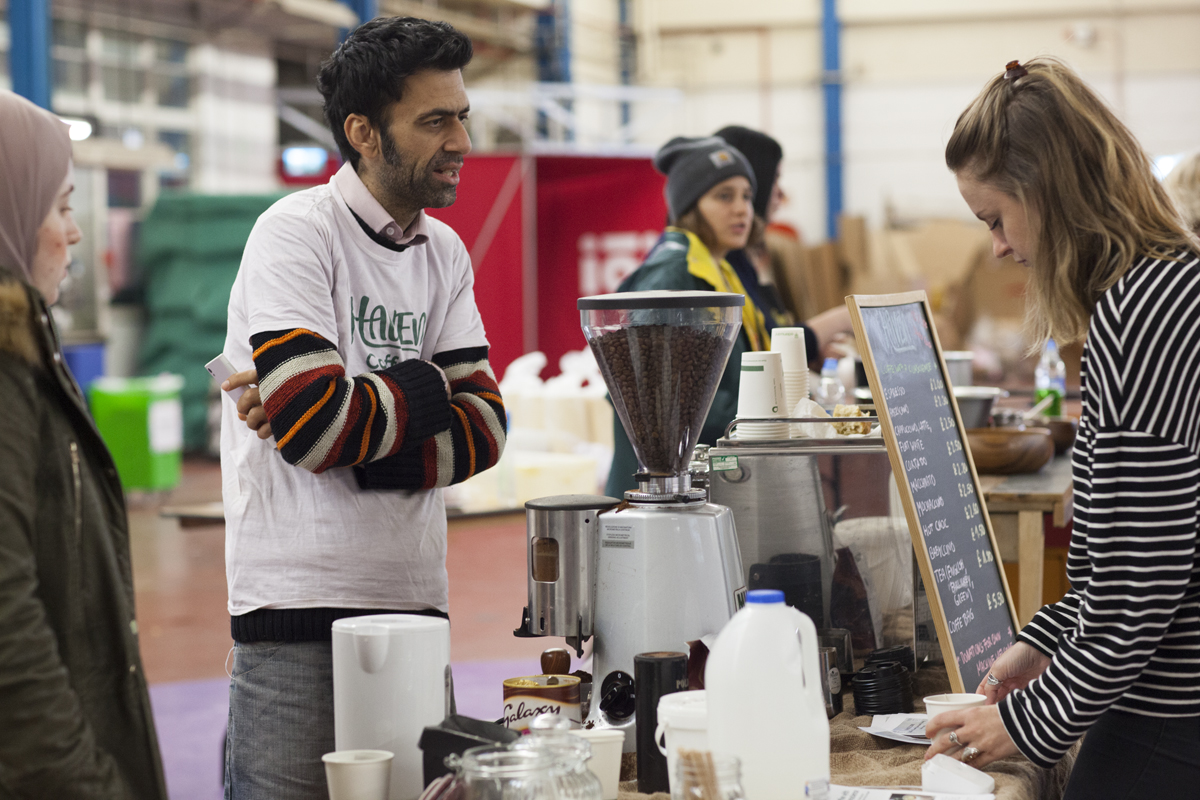
A big thank you to everyone who joined us on the day. We hope that you enjoyed the day and left inspired and equipped to continue your family research independently. We hope that our inaugural Family History Day will be the first of many such events that can inspire all of us to unlock and explore our pasts – watch this space.
Through finding out more about our family stories and exploring the journeys our ancestors have made, our Family History Day illuminated the central role of migration – whether within the UK or beyond its borders, or both – in making us who we are today. But even more than this, understanding where our families came from can open our eyes up to different aspects of human experience in unexpected ways. A connection with the past bleeds into our present and future, providing us with greater context, understanding and appreciation for what our ancestors went through – and perhaps, what is happening now.
Resources and links
Sarah Caplin and Judith Schott – advice on writing personal histories


Leave a Reply